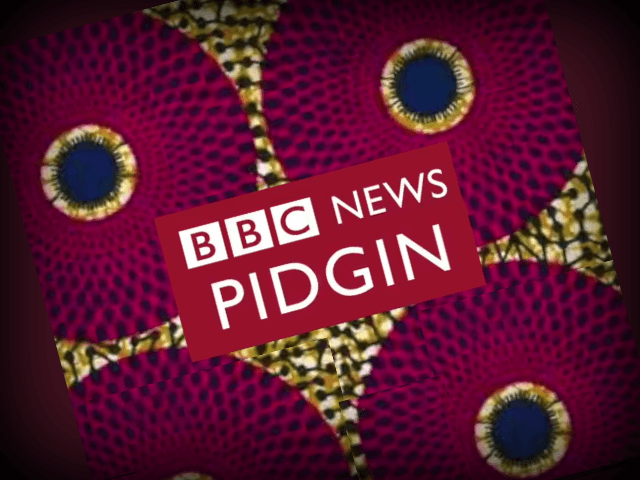Working-class BBC presenter Steph McGovern says the taxpayer-funded media giant needs to focus less on ethnic diversity and bridging the so-called gender pay gap and more on class.
The Middlesborough-born BBC Breakfast and Watchdog presenter said “Throughout my career I’ve had to argue about pay”, and has only “just now” broken six figures following a fuss over older male stars receiving higher salaries than some women, most of whom have a lower public profile. (Ms. McGovern believes presenters’ pay should be capped at £150,000, however.)
“It’s not as simple as a gender issue, it’s partly down to class,” she explained to The Times.
“There are a lot of women who do a similar job to me who are paid a hell of a lot more … who are a lot posher than me.”
The presenter did not name names but five out of five women working in news at the BBC and earning £200,000 or more were privately educated, and of another four women earning between £150,000 and £199,999, half were privately educated.
Only around 6.5 per cent of British schoolchildren in the general population are privately-educated, according to the Independent Schools Council.
Ms. McGovern added: “We concentrate too much on ethnic diversity and not enough on class. It’s dead important to represent loads of different cultures. But what the BBC doesn’t do enough of is thinking about getting people from more working-class backgrounds. It’s just posh.” says McGovern.
“A lot of people in management are from the same background. We’re talking about ‘How do we represent more working-class people?’ when they themselves are not working class. So how do they know?”
It is true that the BBC regularly takes advantage of loopholes in the Equality Act which allow employers to exclude white people from paid positions masquerading as “internships” and “training opportunities”.
This means that white working-class youngsters — who suffer the worst life outcomes of any demographic in the country — are denied potentially life-changing opportunities by the media giant, while ethnic minorities even from very privileged, wealthy backgrounds can receive a leg up.
Critics suggest that such hiring practices — which could see the children of rich lawyers like Chuka Umunna MP and Keith Vaz MP welcomed while white children from impoverished council estates were shut out — are more about virtue-signalling than actually addressing inequality in society.

COMMENTS
Please let us know if you're having issues with commenting.